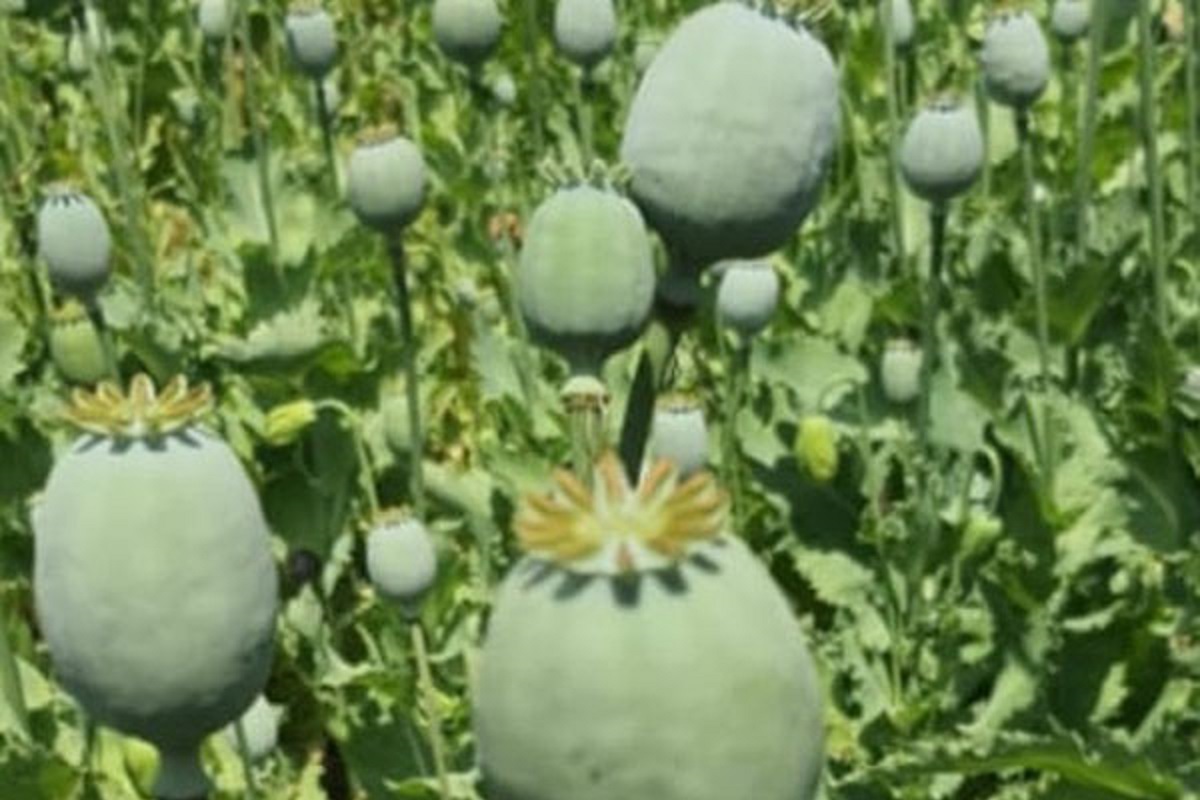Linter roof collapses at Kannauj railway station, 3 labourers critically hurt
Three labourers were critically injured when the linter roof of the under-construction Amrit Bharat Railway Station collapsed in Kannauj on Saturday.
As per the general conditions enshrined in the policy, nearly 1.12 lakh farmers in these three states are expected to be given licences

The Union government on Thursday announced the annual licensing policy for the crop year 2023-24 of licence for the cultivation of opium poppy, for farmers in the states of Madhya Pradesh, Rajasthan, and Uttar Pradesh.
As per the general conditions enshrined in the policy, nearly 1.12 lakh farmers in these three states are expected to be given licences, with the inclusion of 27,000 additional farmers over and above the previous crop year.
Advertisement
The number of opium cultivators, who would be eligible for getting licence, is nearly 54,500 from Madhya Pradesh, 47,000 from Rajasthan, and 10,500 from Uttar Pradesh. This is almost 2.5 times the average number of farmers given licenses during the five-year period ending 2014-15.
Advertisement
This increase is with the objective to meet the increasing demand for pharmaceutical preparations for palliative care and other medical purposes, both domestically and internationally. It would further ensure that alkaloid production meets domestic demand as well as the requirements of the Indian export industry.
The key features of the annual licence policy include the retention of licences to existing opium cultivators under the same method who tendered an average yield of Morphine (MQY-M) equal to or more than 4.2 kg per hectare. Further, other existing opium gum cultivators who tendered gum with morphine content yield (3.0 kg to 4.2 kg per hectare) shall now be eligible for concentrate of poppy straw (CPS) based method only and with five-year licence validity.
Further, all the CPS-based farmers from 2022-23, who have tendered opium to the government but not debarred under any order or instructions, have been retained for CPS-based cultivation for this year as well. The Central Government has given further relaxation in the general license conditions for the issue of the CPS method to increase the number of farmers covered by the policy.
The system of licensing for unlanced poppy was started in a modest way from 2020-21 and has been expanded since then. The Central government has augmented the capacity of its own alkaloid factories. It is moving to adopt Good Management Practices in these factories and has already engaged with the private sector for the processing of opium gum as well as poppy straw to augment opium processing capacity in India.
The government intends to further significantly expand the licensing for unlanced poppy and has decided to set up a processing unit for concentrating Poppy Straw of 100MT capacity on a PPP basis. This will enable India to, not only, meet its domestic demand but also export alkaloid and alkaloid-based preparations.
The Central government is consistently working on increasing the demand and processing capacity within the country. With an increase in demand and processing capacity, it is expected that the number of farmers given licenses for cultivation of opium poppy shall increase to 1.45 lakh in the coming three years.
Advertisement